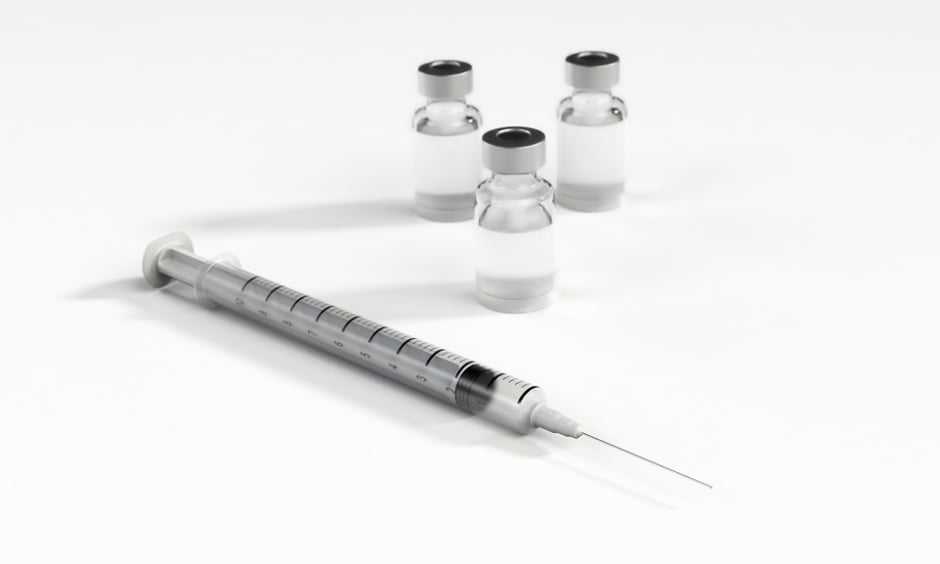IMMUNOTHERAPY used to treat coeliac disease has been identified as being potentially transferable for treating Type 1 diabetes mellitus (T1DM) patients. The Nexvax2® (ImmusanT, Cambridge, Massachusetts, USA) vaccine for the treatment of coeliac disease is currently in Phase I study, but the results of the immunotherapy programme have been so encouraging that scientists are now investigating how this line of therapy could be used to treat other diseases.
Nexvax2 targets the substance responsible for causing the autoimmune response experienced by coeliac disease patients and turns off its effect. Researchers believe that identifying the peptides responsible for initiating the development of T1DM would hugely advance the current treatment options available for T1DM patients. The JDRF’s T1D Fund, which has an overall goal of finding a cure for T1DM, has donated funds to ImmusanT to begin working towards creating a vaccine to prevent T1DM.
Dr Robert Anderson, ImmusanT’s chief scientific officer, expressed his excitement for this line in investigation: “If you have the means of identifying the peptides, you have this whole realm of highly targeted immunotherapy, which really focusses on the disease-causing component of the immune system and leaves the rest of the body and the immune system alone.” Dr Anderson went on to explain why this is so important: “That is really the heart of the disease in terms of understanding the cause, but also in tackling the clinical effects of the disease process and that’s the whole new realm of therapeutics.”
The end goal for researchers is to determine the potential of this treatment for T1DM patients and effectively prevent insulin dependency before it even begins. The translation of a therapy from one disease to another will no doubt be challenging; however, it is hoped that if this therapy is taken forward and proved to be effective and safe, T1DM patients will be treated faster and more effectively than at present.








